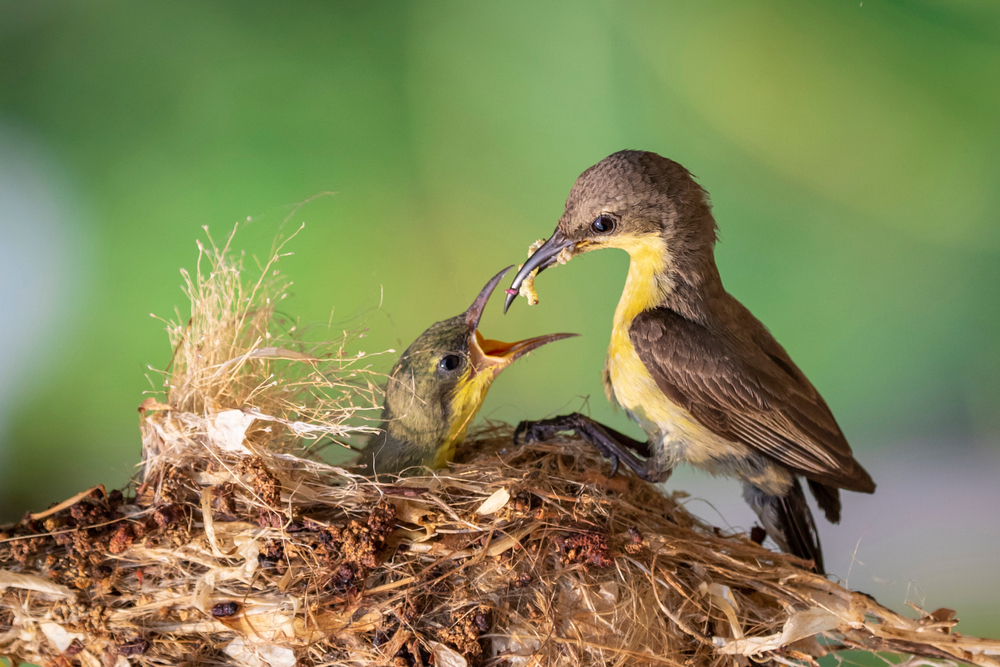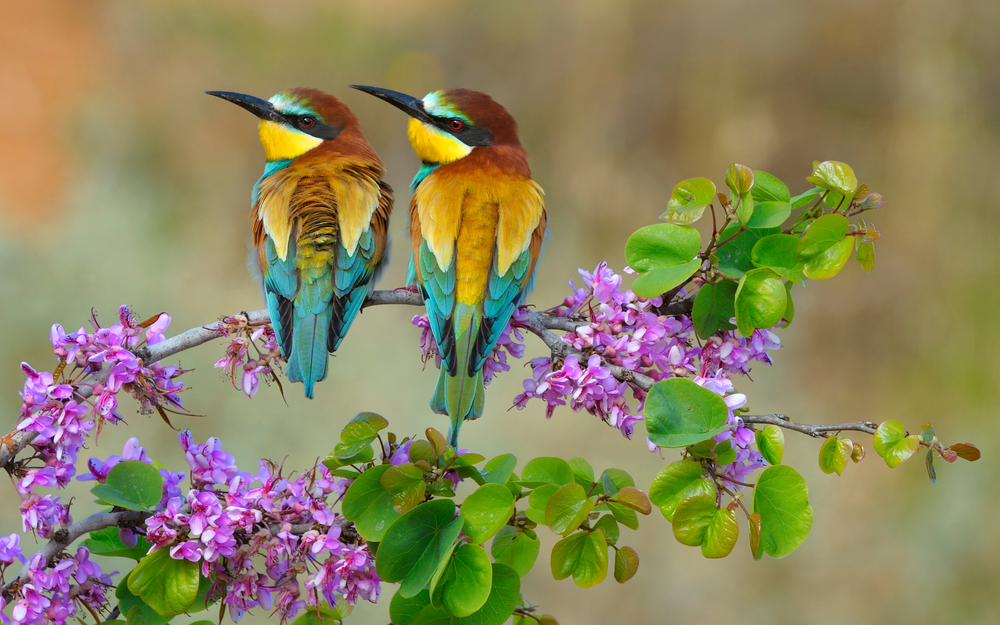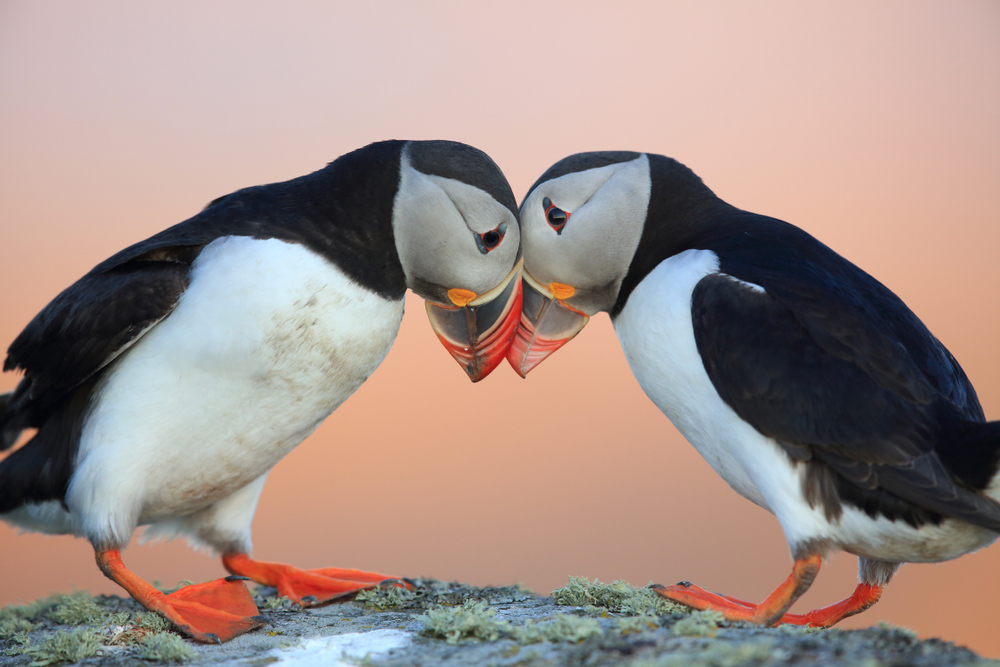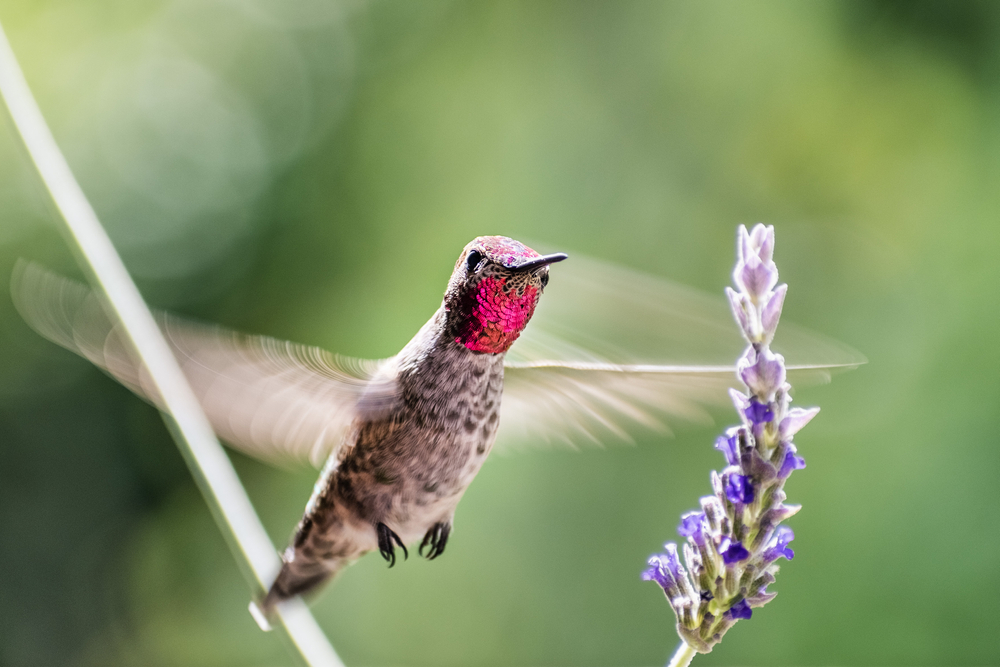
Can Birds Drink Cold Water? Learn About Bird Drinking Habits, Ice, and More!
I have always been fascinated by the idea can birds drink cold water? I have always had birds growing up. I used to be very overprotective of my birds from predators and even mourned one when I was a child when one of my bird died. Birds are genuinely an amazing creatures. I remember my neighbors used to be able to train their birds and release them, and out of the blue, the birds would come home. As a child that was really fascinating to me. Birds drink water every day nothing new there. They need fresh, clean water like most living things duh! Providing water for birds improves their habitat and allows you to see their fun side up close.
Can Budgies Drink Cold Water? Understanding Birds and Their Drinking Water Preferences
The most common questions that are being asked by pet owners and bird enthusiasts is, “Can budgies drink cold water?” Parakeets have become very popular in the pet trade because of their social nature and vibrant colors. People need to learn and understand what their feathery friends likes in regards to their drinking habits. Let us explore if budgies can drink cold water and why warm water might also be a better option to ensure your bird is happy.
All birds including Budgies require access to fresh and clean drinking water. It is very crucial for their overall well being, since it helps them hydrate. The question of cold water being suitable for birds depends on several factors i.e bird preference and environment. Birds often drink cold water in the wild from water sources like streams, puddles and rainwater which can be cold due to being in the elements. When having a pet bird make sure the water is clean and not frozen so they can remain healthy. so to answer the question if birdsw can drink cold water the simple answer is yes.
And while we are on the subject of talking about cold water, just because birds drink cold water does not mean they prefer it. Some birds just prefer warmer water and that is just simply because they prefer it and this is also especially true for birds like budgies who are from warmer clmates. A water that is mildly warm also has benefits to birds since it can stimulate appetite and help with digestion. While your budgie can drink cold water, warmer water makes them a little bit content
Important factors to consider outside of the temperature of water, it is essential to ensure your budgie has the best drinking water. It is vital the water is fresh , clean and is changed daily if not frequent in order to prevent harmful bacteria buildup and other contaminants. We need to also make sure the proper water dish is used that is designed for birds, inorder to discourage birds from taking a bath in their drinking water. This keeps the water clean and also encourages better grooming habits.
In conclusion, budgies can drink cold water without having significant health issues. Giving them warmer water will benefit their overall well-being. Make sure to remember and undersatnd your bird’s drinking preferences. Make sure to experiment by having different and consious temperatures till you find what works best for your pet.
It is extremely important to maintain a clean and fresh water source for your amazing and beautiful budgie so we can ensure and contribute to their continued health and happiness. By Understanding and catering to our bird’s drinking needs, we can significantly improve their quality of life and have a long-lasting bond with our beaultifull friends.
How Do Birds Drink Water? Dispelling the Myths About Cold, Tap Water, and Ice

Many false beliefs surround whether or not birds can ingest cold liquids without any adverse consequences. Many people ask “Do birds drink cold Water?” However,Cold drinks generally do not pose health threats to feathered pets- rather they often desire them especially in colder weather when ambient temperatures are low.
It’s imperative to grasp the facts about bird drinking rituals concerning genuine ingrained fears relating to ice-tap-coldwater misconceptions. To be clear: while some pet birds may prefer slightly warmer liquids,wildlife must settle for whatever accessible frigid liquid they come across. While humans require H2O with which they’re comfortable,some compounds such as chlorine and fluoride present in tap water can be hazardous for certain bird species. It is therefore advisable to provide filtered water regularly.
Finally,there are little or no records proving that ice ingestion causes harm to these creatures if not harmful after examining the matter thoroughly. Birds will consume ice if nothing else is on hand -particularly in colder months when liquid sources of hydration may be limited. Despite this, it is prudent to prioritize other secure hydration options as well as please take note: birds have strong athleticism making them well capable of surviving adverse climatic conditions.
Birds possess intrinsic abilities adapted over time because in natural habitats; choosing between warm or cold drinks isn’t something readily available (to them). However significant motivation exists within us- bird enthusiasts – in ensuring that these animals receive utmost priority such an environment filled with safe and hygienic moisture availability at any given time; Bear in mind that this also includes cold and frozen water.
Hence, it’s not necessary for us to overthink much about the temperature preferences of birds because they can consume tap, ice or even colder liquids depending upon their need. The crux of it all boils down to providing them with uncontaminated water in the cleanest way possible. In conclusion discarding myths should be encouraged as that helps caregivers cater to their bird’s drinking needs. So next time you ponder ‘Can birds imbibe cold water?’ remember they can – provided primary cleanliness standards are met.
The Importance of Hydration: Providing a Fresh Water Bowl for Your Bird’s Drinking Needs

Recognizing hydration’s importance for our winged companions proves to be fundamental towards fulfilling their health requirements effectively. Like us humans, birds also rely on consistent availability of clean drinking water sources for leading healthy lives devoid of ailments caused due to dehydration-related issues stemming from a lack of proper hydration practices.
At face value though, providing something seemingly straightforward like fresh water via a simple medium may tend towards being more complicated than what meets the eye initially would suggest upon detailed inspection just as we shall discuss here. In this article, we will delve into the decisive aspects of why providing a new water bowl regularly becomes imperative for your avian pet bird’s water replenishing needs while also addressing a common query – can birds drink cold water or not?
When discussing the topic of avian hydration. It is important to understand the unique drinking mechanism of birds. Unlike humans. Birds consume small portions of liquid at a slower pace through beak insertion and tilting their heads back to allow for gradual intake into their throats. This means that excessive liquid intake in one dipping session is avoided.
While birds are capable of consuming cold water it may not be as desirable compared to water at regular temperatures. Birds prefer slightly warm freshwater at around 40°C (104°F) for drinking but can also tolerate colder variations. To ensure suitable drinking water temperature for your pet bird.
As responsible pet owners of birds, we should provide them with appropriate facilities suited towards maintaining warmth levels that they can tolerate comfortably; this may include utilizing heating systems specially designed for birds or insulated living spaces. Ordinarily, providing room-temperature water should suffice unless extreme environmental conditions necessitate otherwise.
It’s vital always to prioritize supplying freshwater frequently so that our feathered companions can remain sufficiently hydrated at all times. Attentiveness towards maintaining optimal hygiene standards with fresh drinking water can promote healthier outcomes beneficial for our pets.
Chickens, Nectar-Loving Birds, and More: A Comparison of Different Bird Drinking Habits

Understanding the drinking habits of different bird species is crucial for providing appropriate care for pets. Rescuing mission environments. And nurturing environments like yard birdbaths. Birds have unique hydration needs based on factors such as dietary requirements and natural tendencies specific to their species. For instance chickens drink frequently throughout the day because their bodies rely heavily on hydration similar to humans.
However. They prefer moderate temperatures and should be kept away from water that is excessively hot or cold.Nectar loving birds like hummingbirds require sugar water mixtures to maintain their energy levels and regulate body temperature. Balancing the mixtures temperature settings is a critical component in ensuring that these birds function properly. Parrots exhibit flexible drinking behaviors but still need freshwater options that promote good health conditions suited to their survival needs.
Regular cleanliness upkeep of water sources creates pathways towards optimal pet breeding practices in controlled spaces like homes. To maintain a healthy environment for our feathered companions we must sanitize their water containers regularly to prevent bacterial buildup that can cause illness. For those with bird feeders or birdbaths on their property adjusting water temperature according to wild birds’ drinking habits is also crucial.
During hotter seasons like summer decreasing the temperature slightly can entice more flying visitors to quench their thirst at your birdbath. In conclusion. We can appropriately care for each bird species’ needs by offering clean freshwater bowls in easily accessible areas tailored to each groups’ preferences while also maintaining hygiene standards. By doing so. We fulfill our roles as competent and responsible avian caretakers.
For more info : https://www.audubon.org/